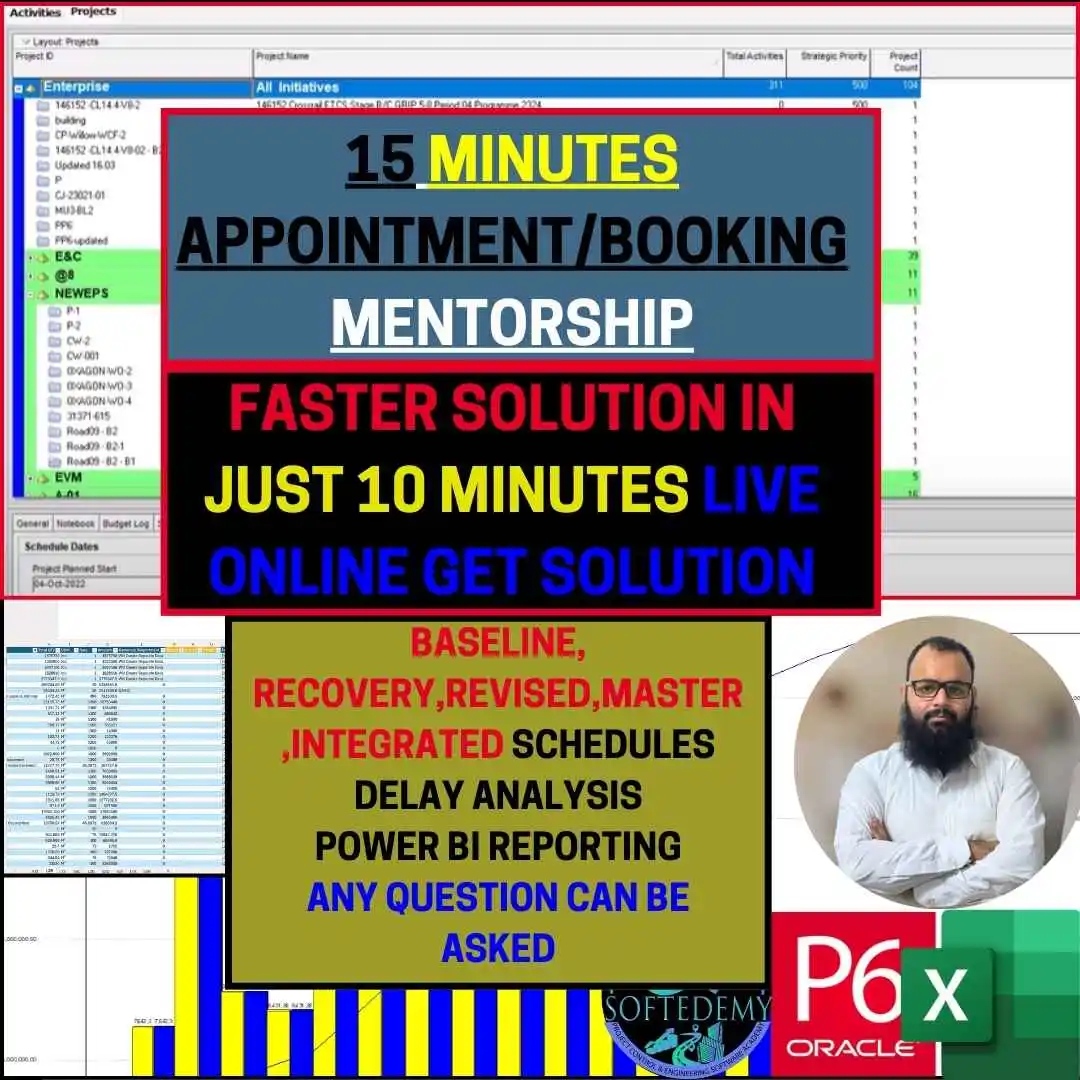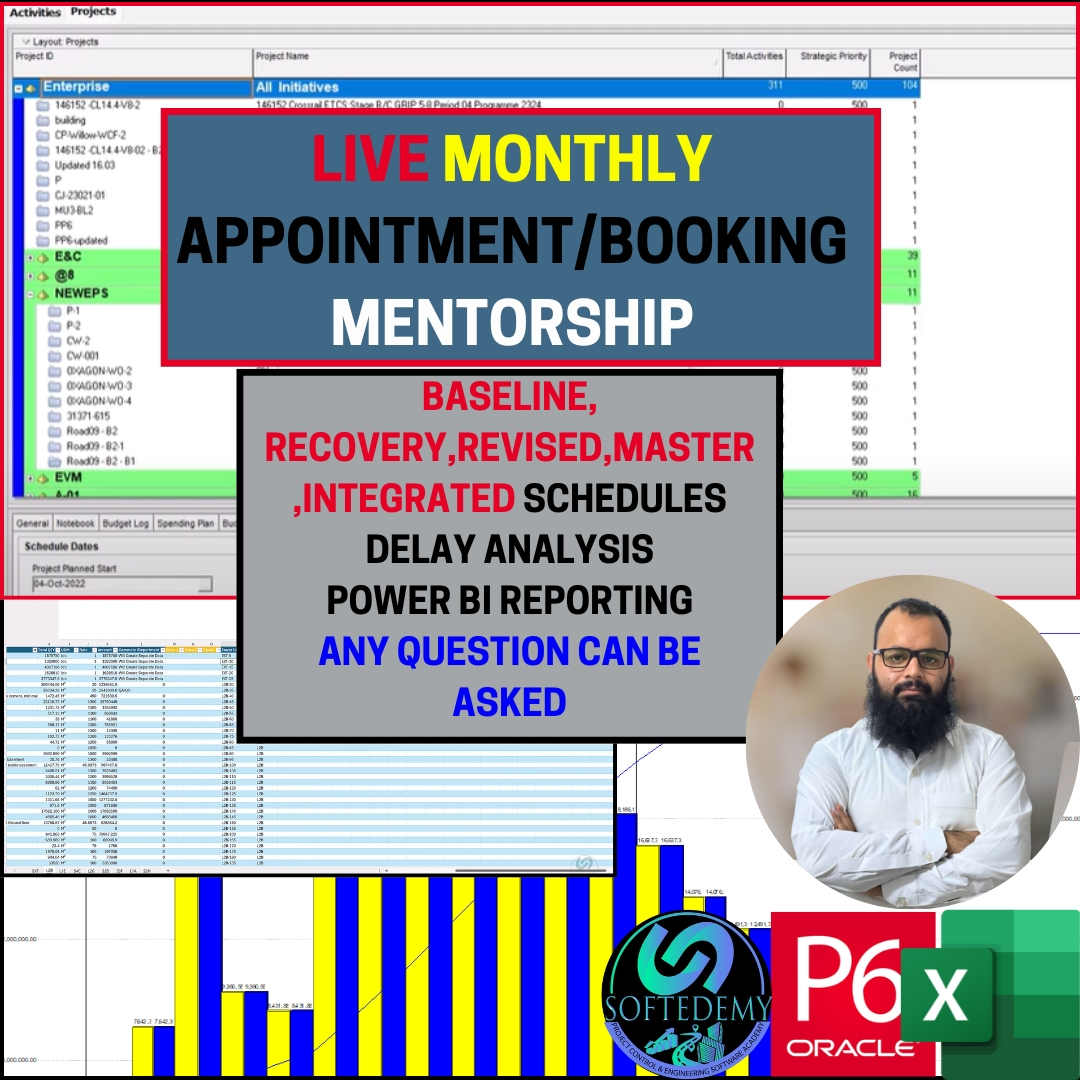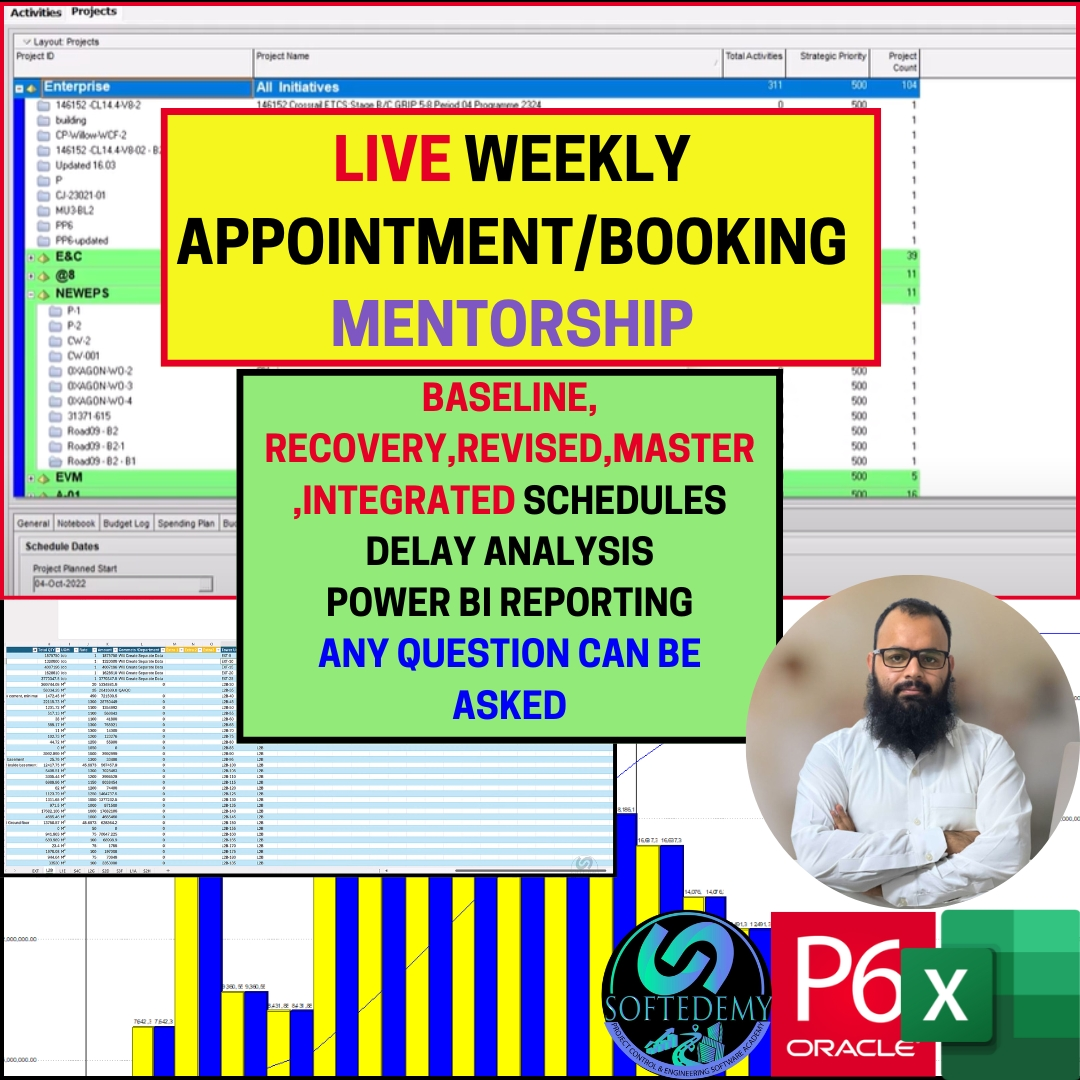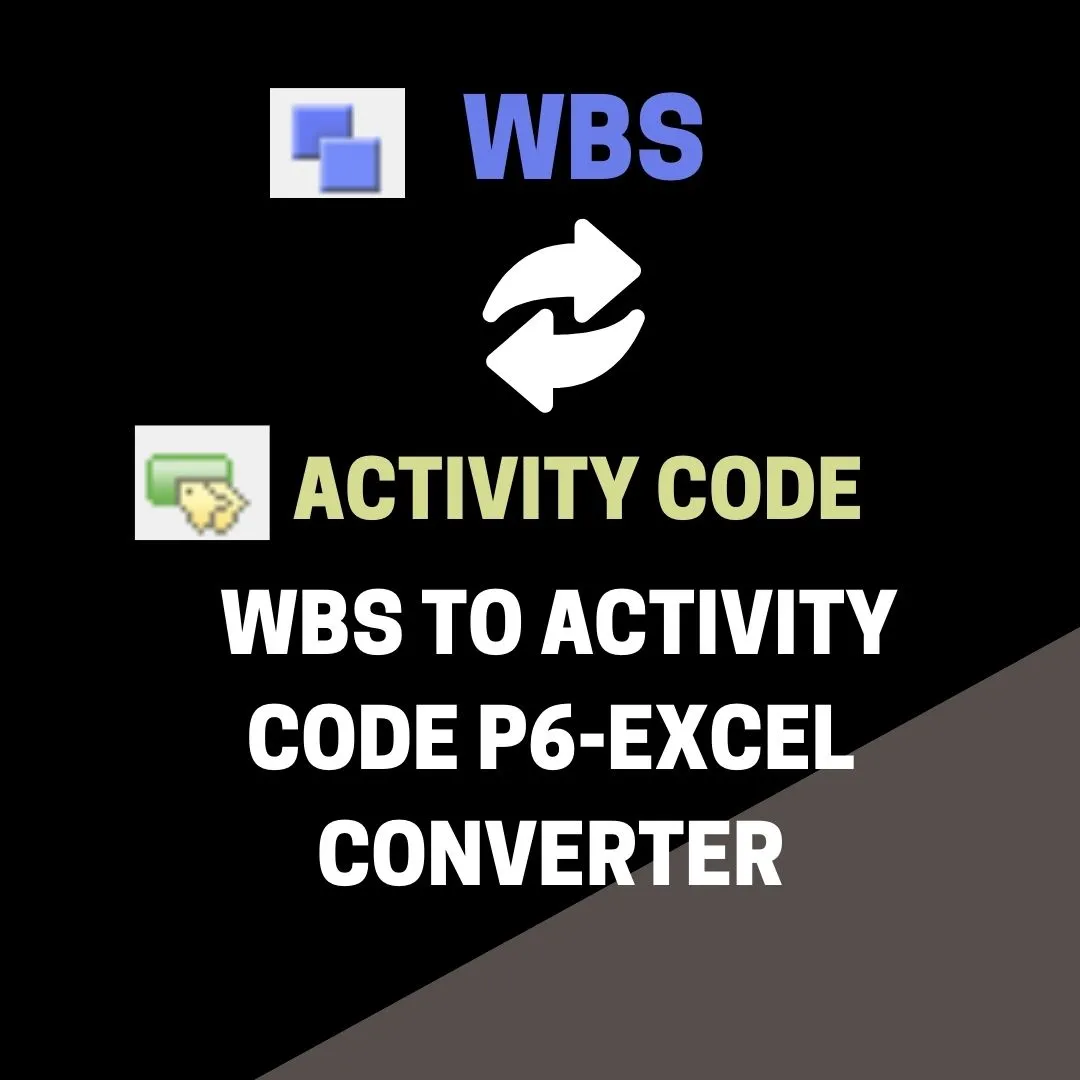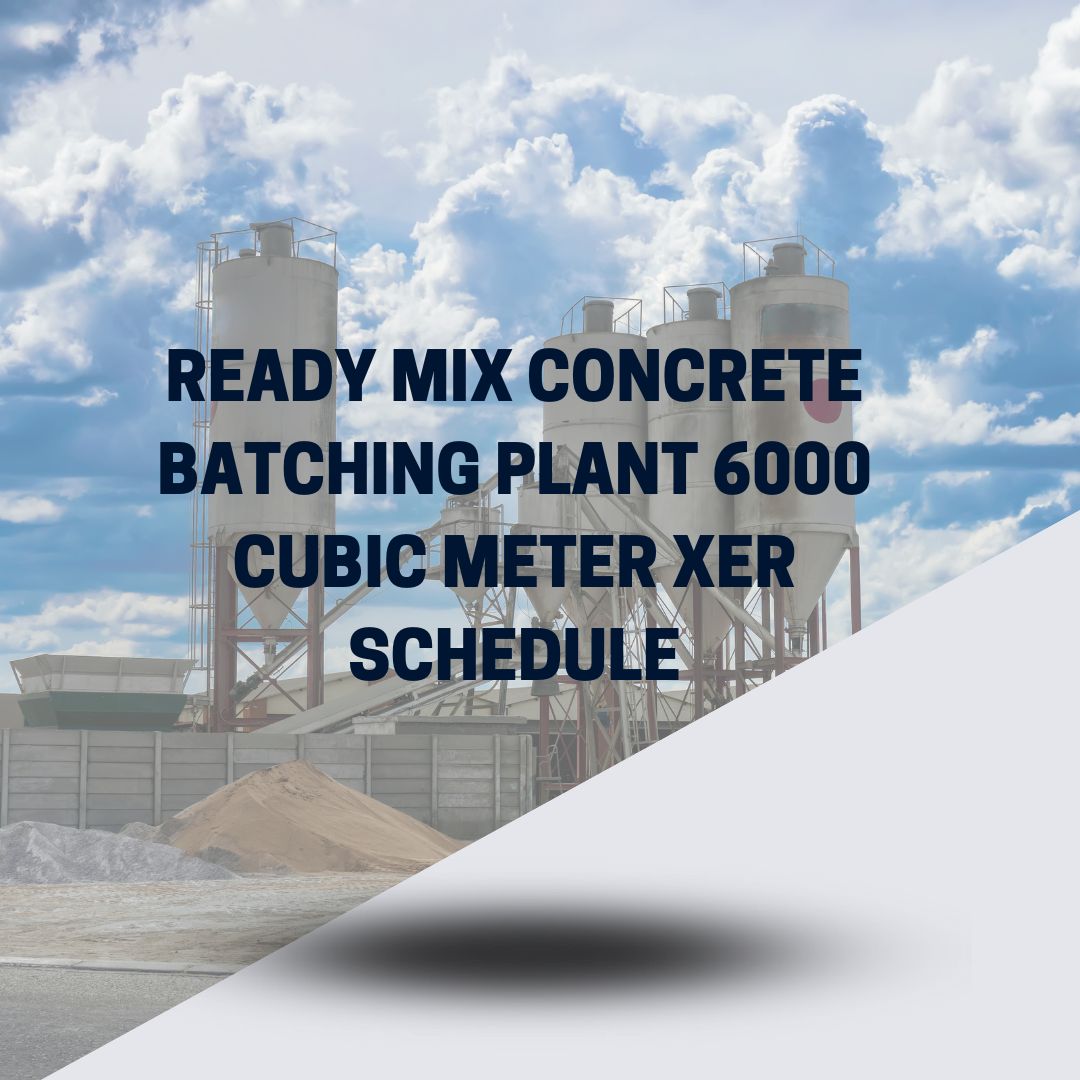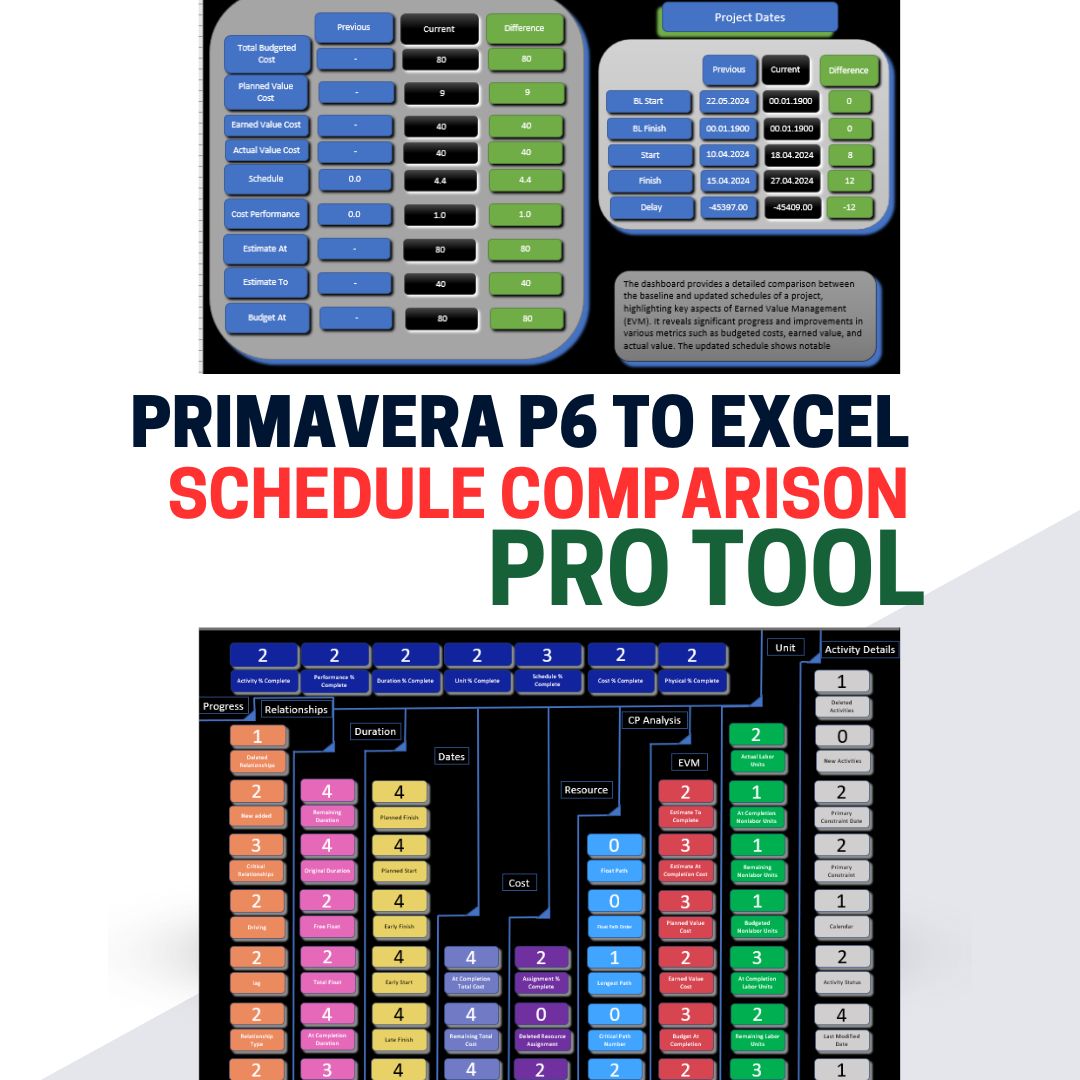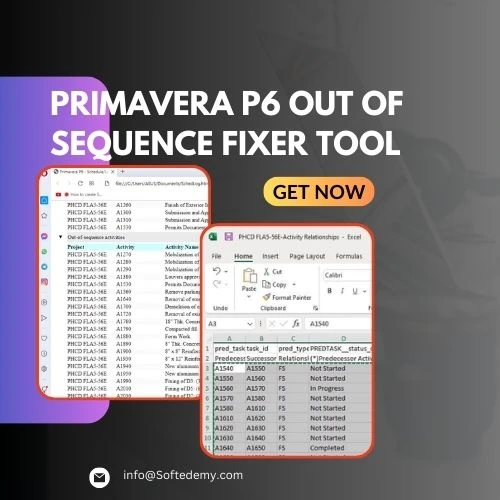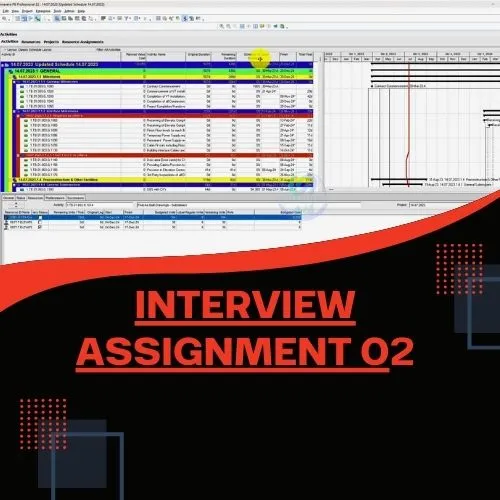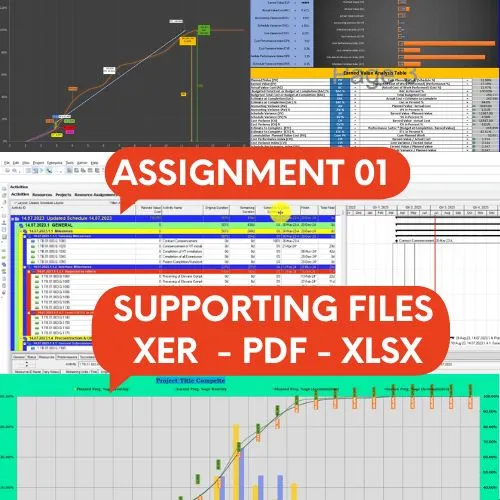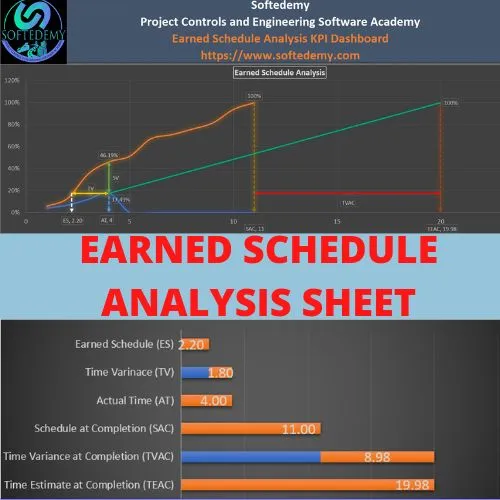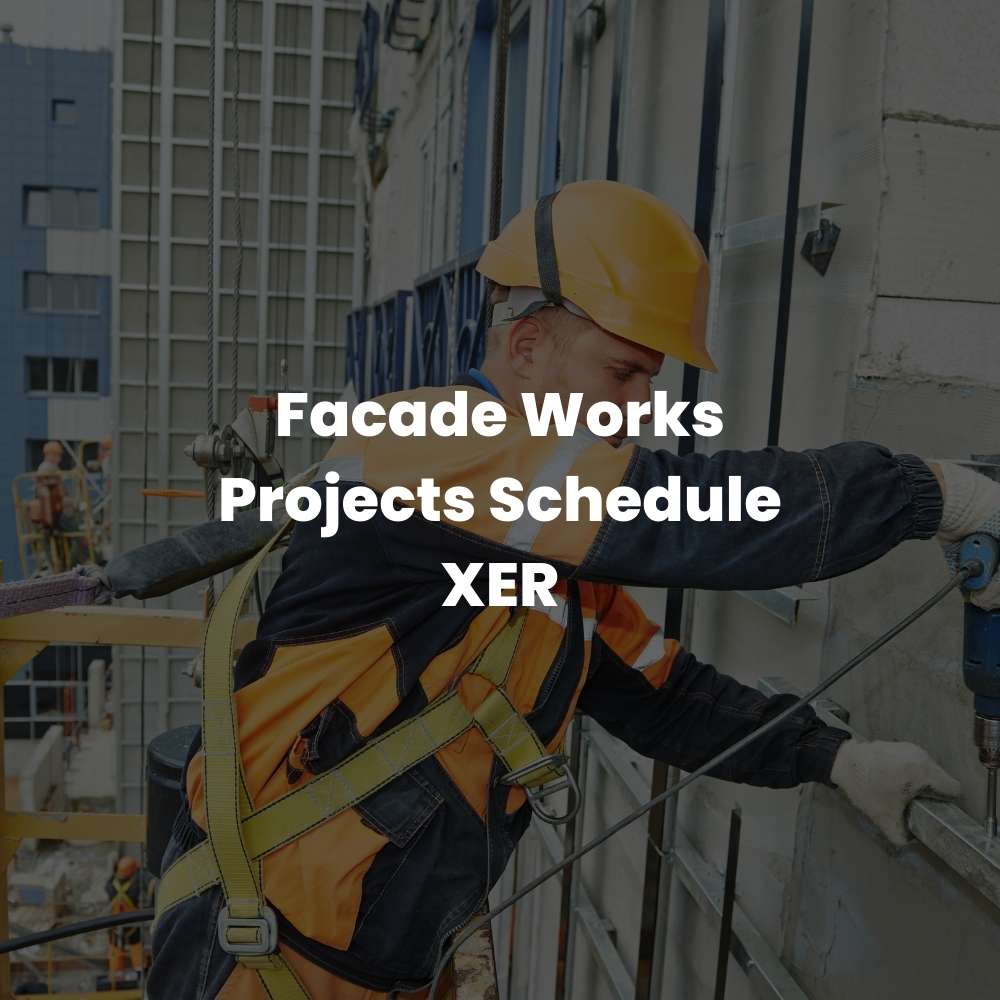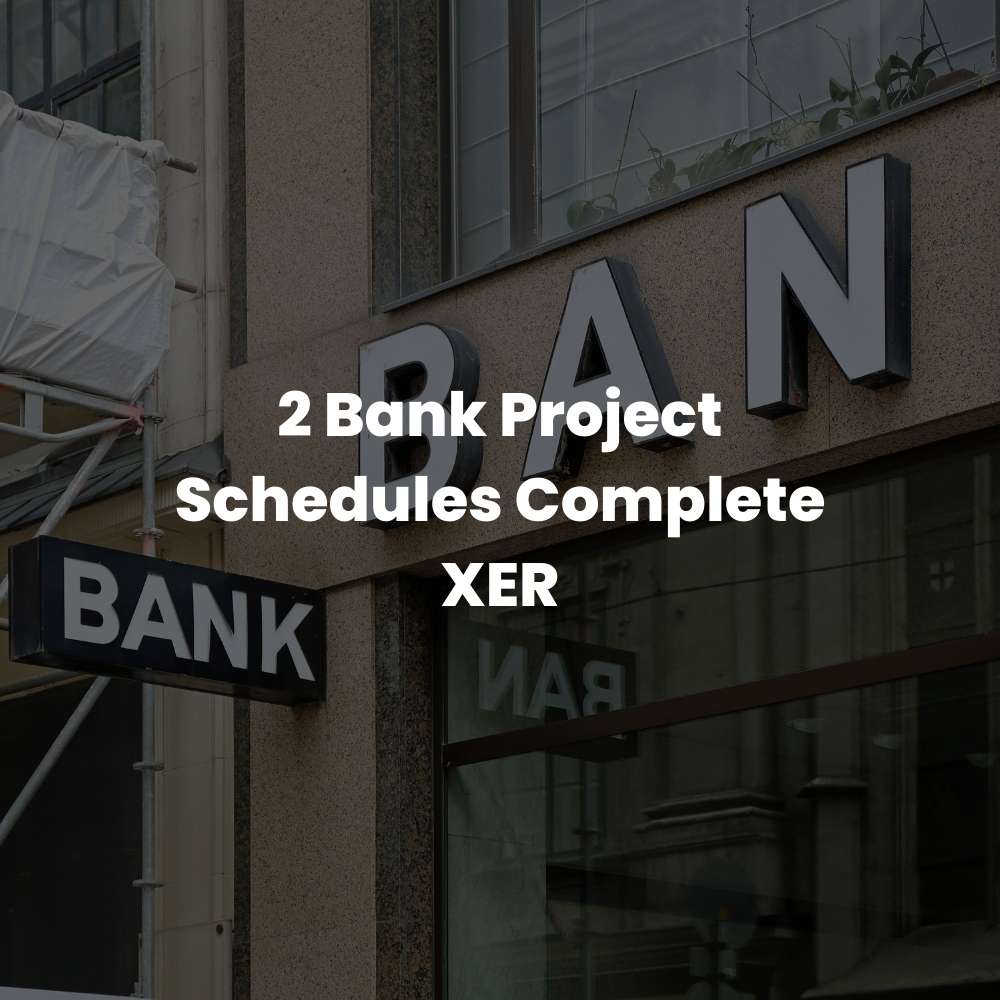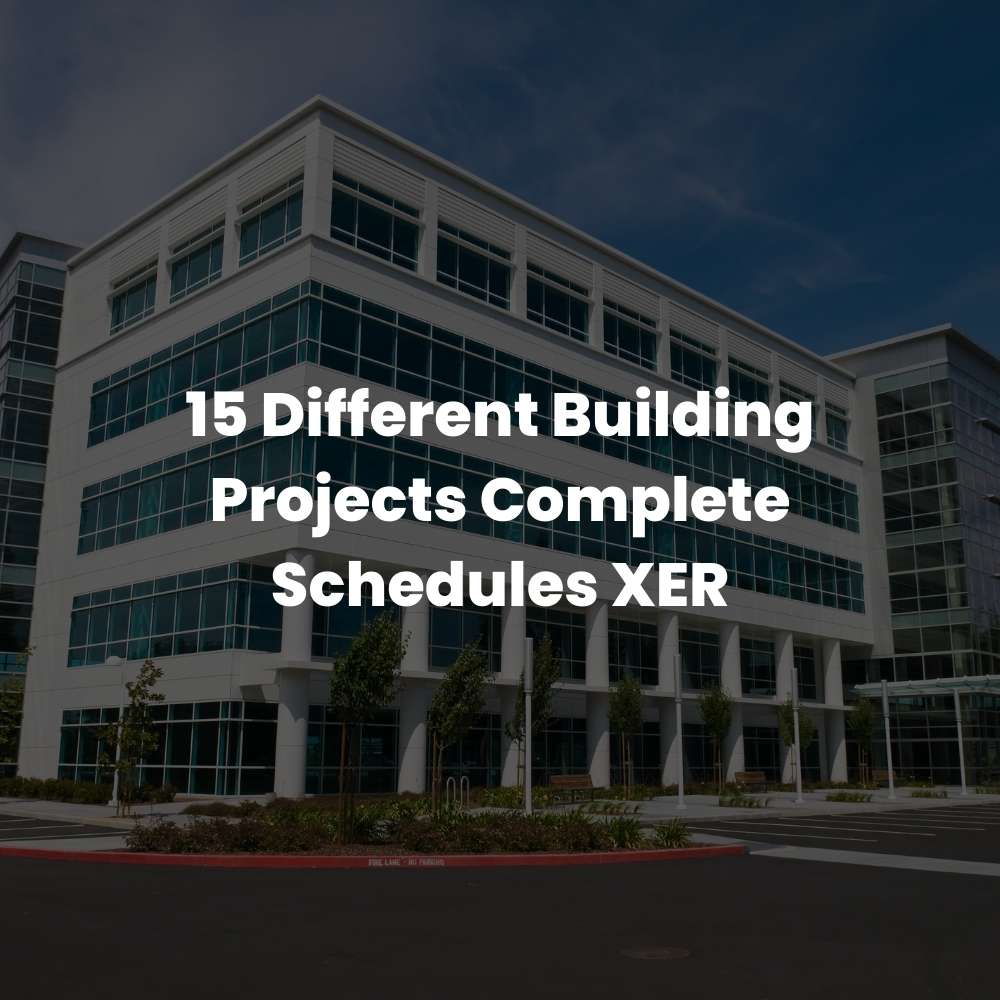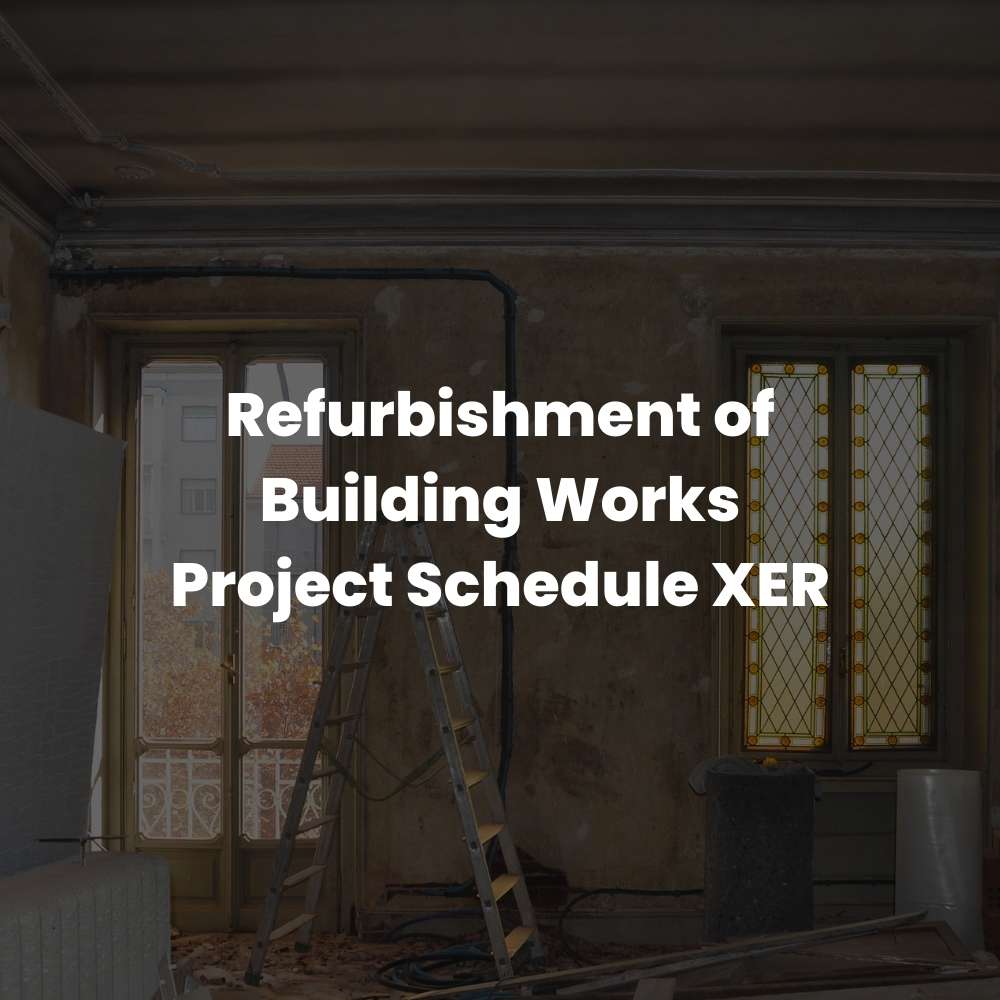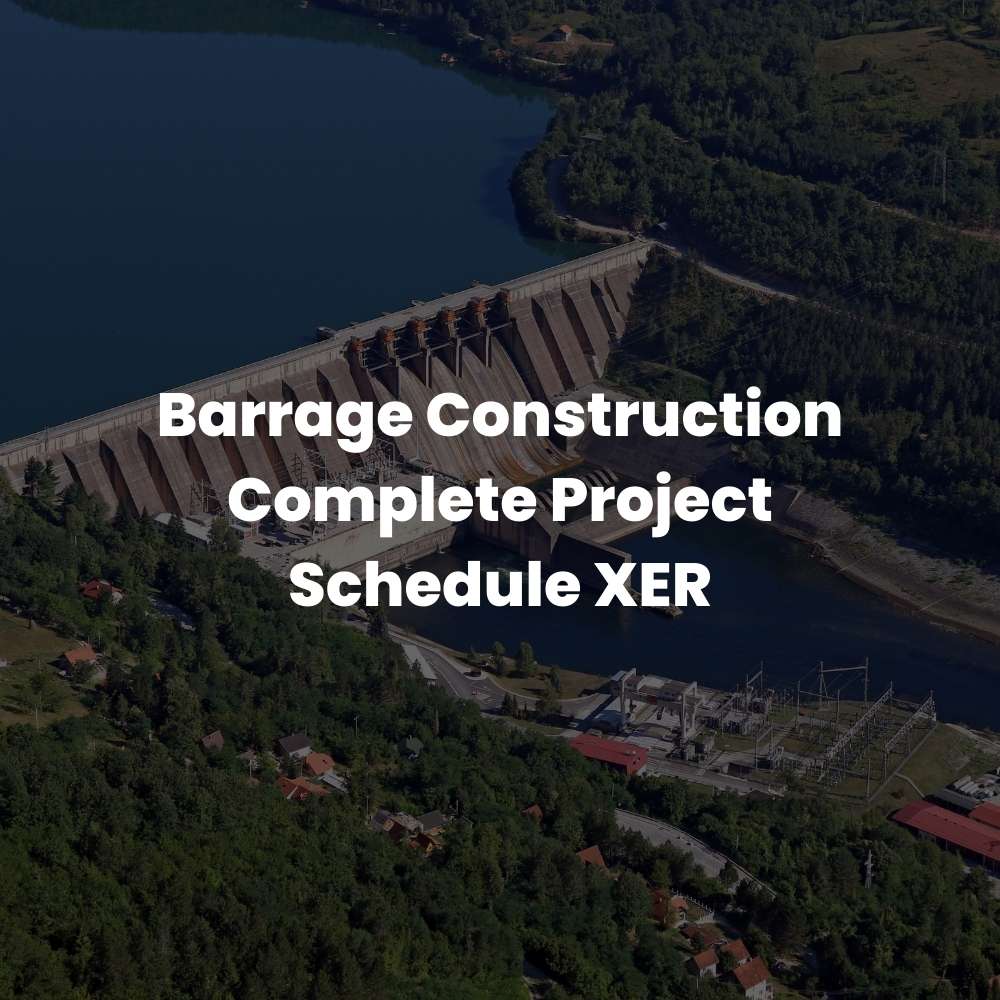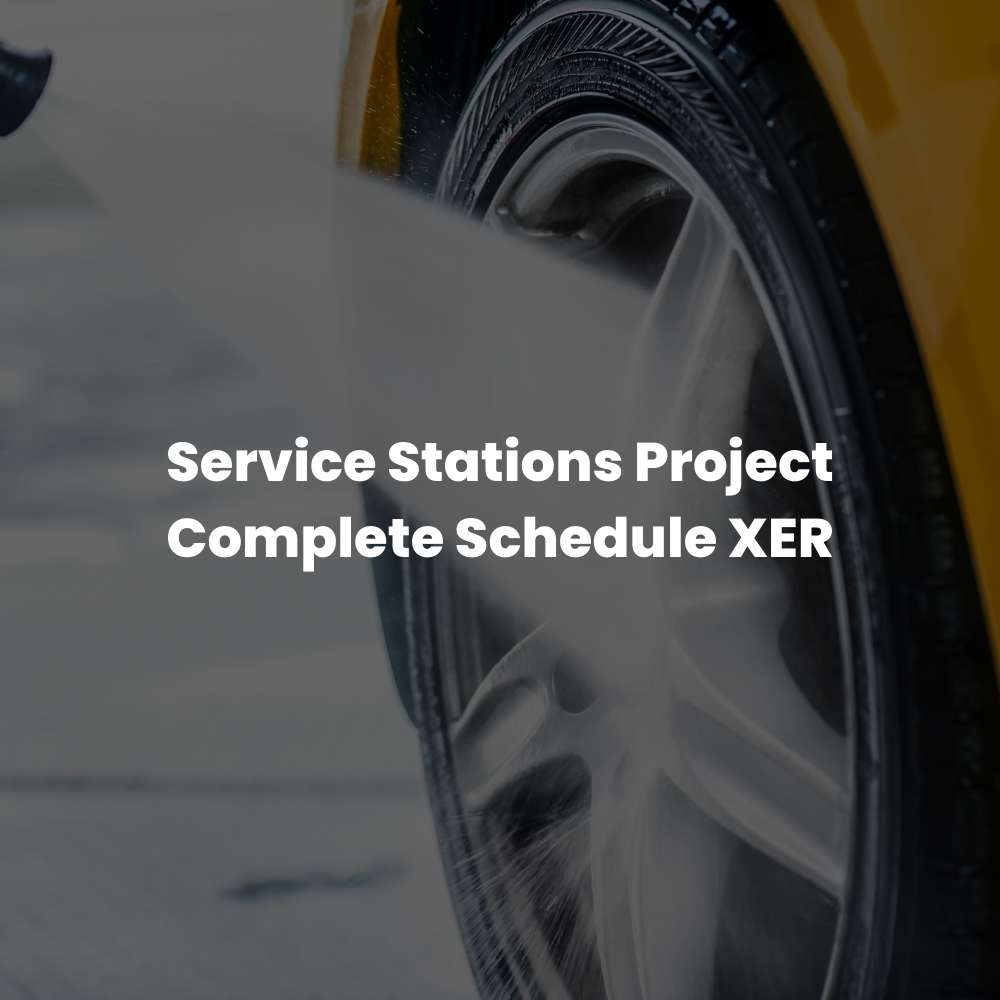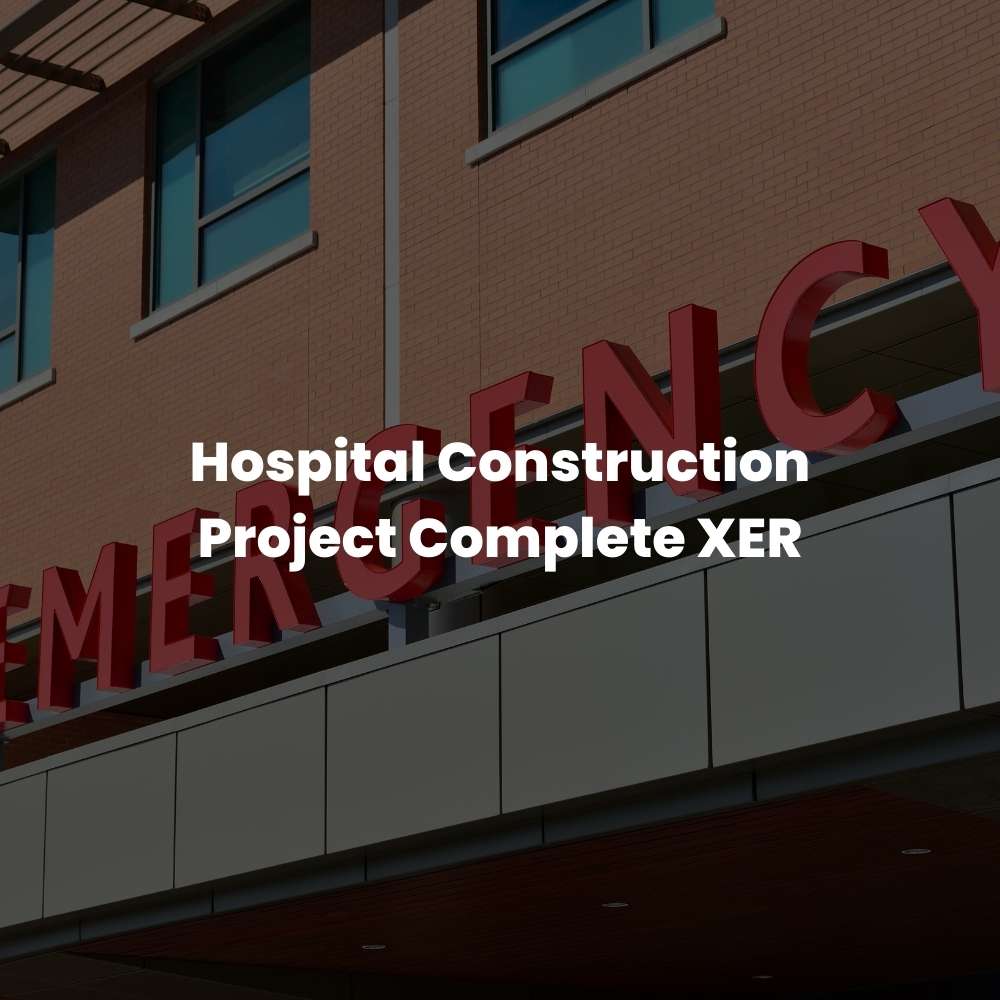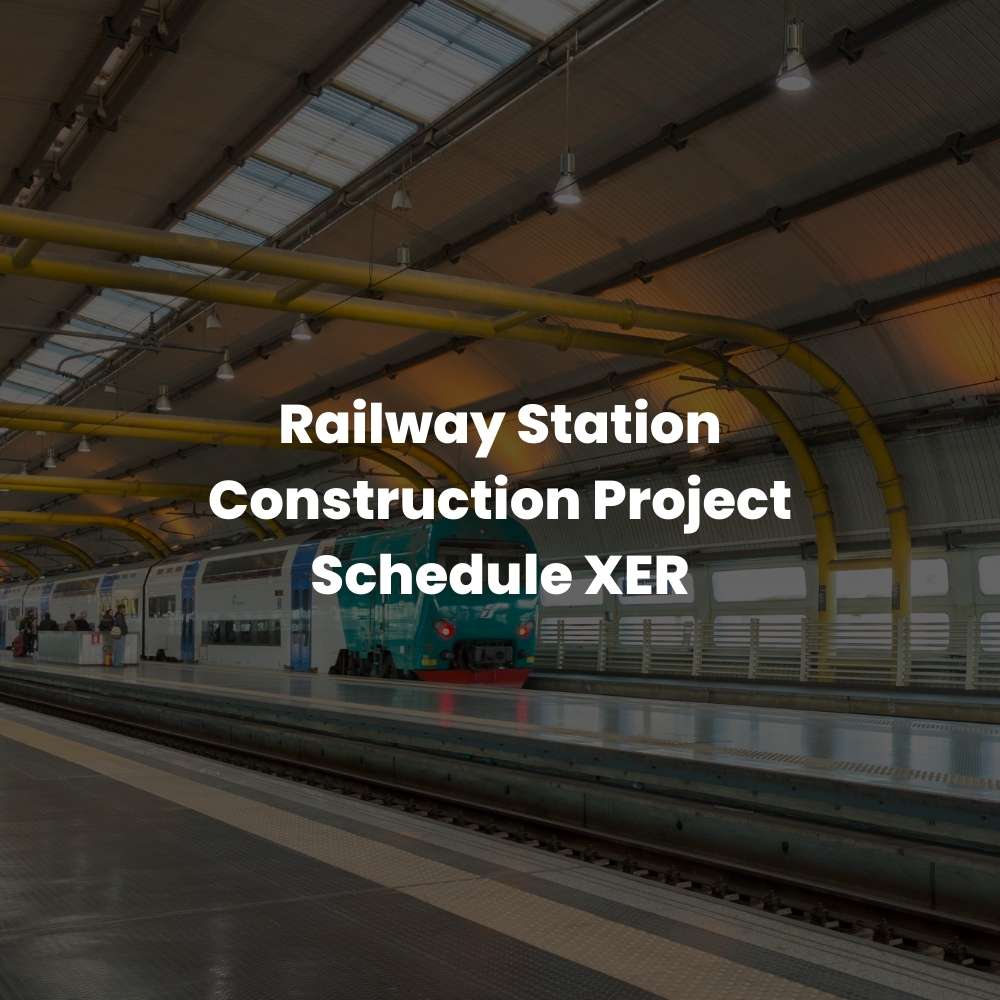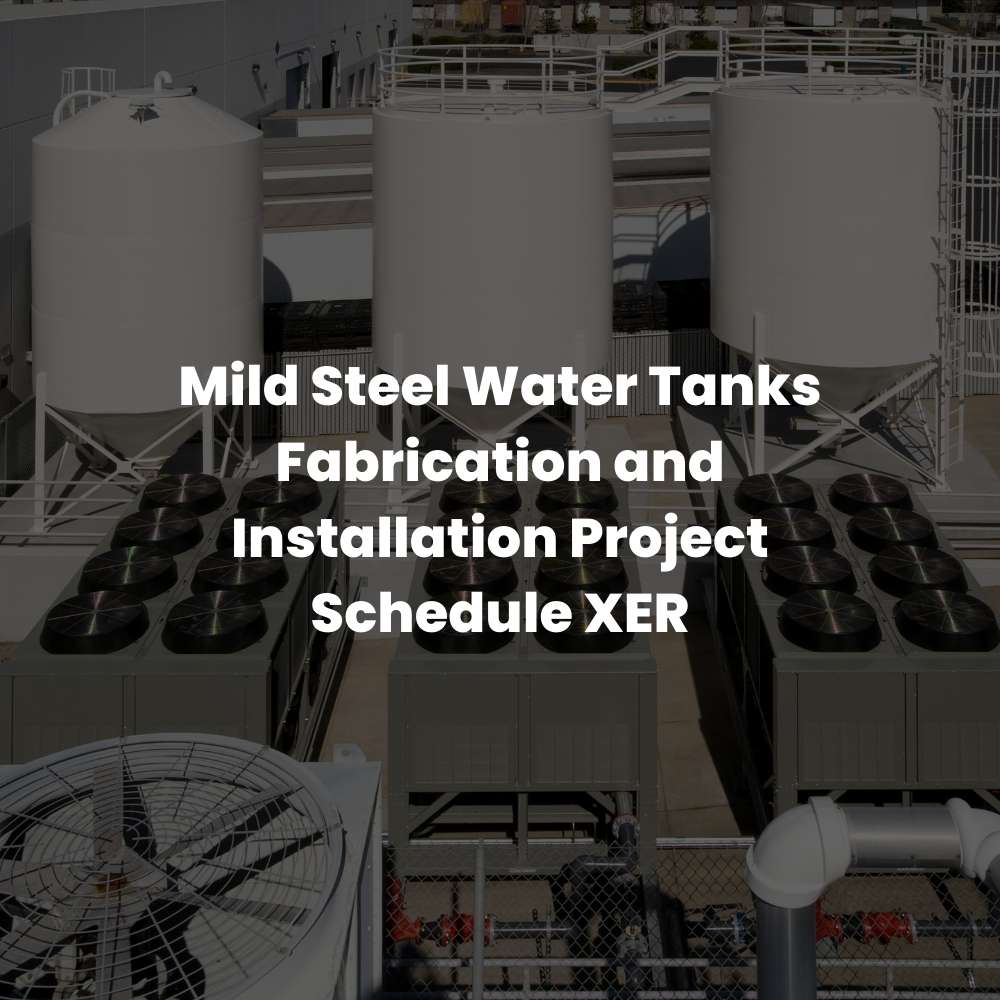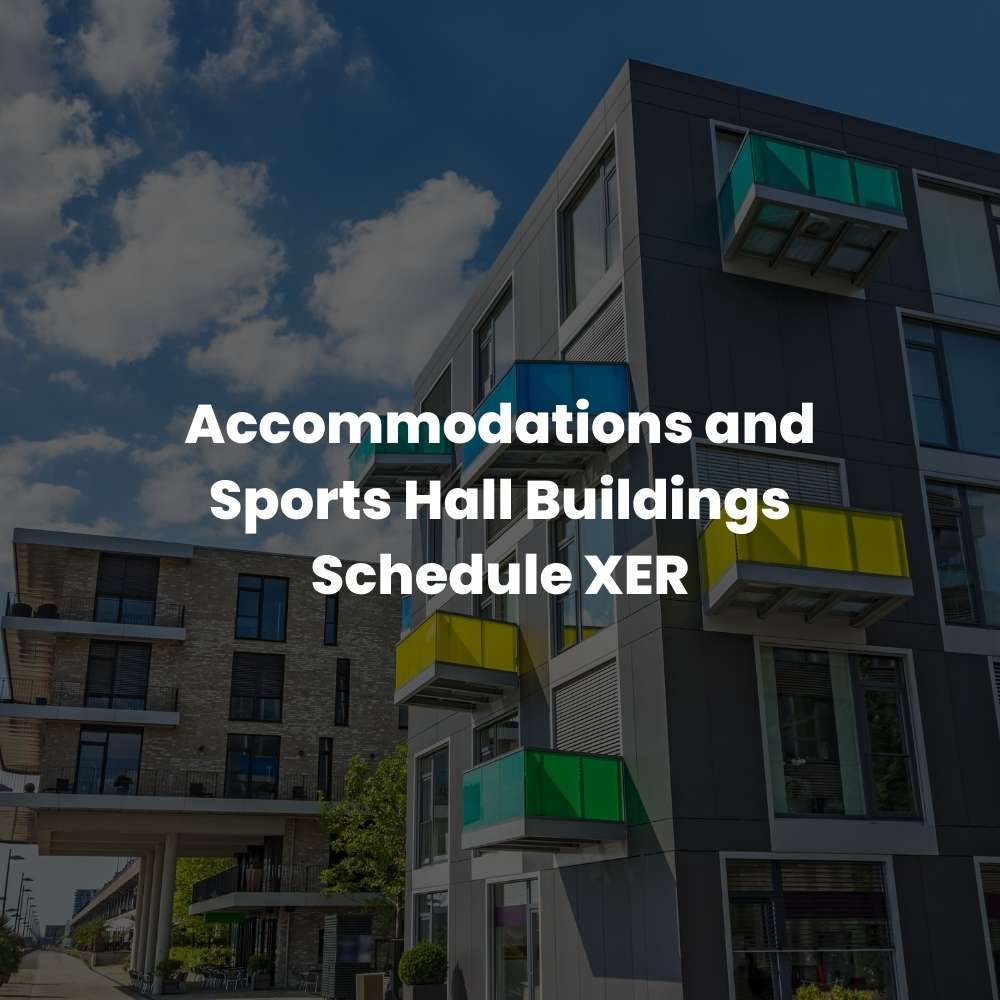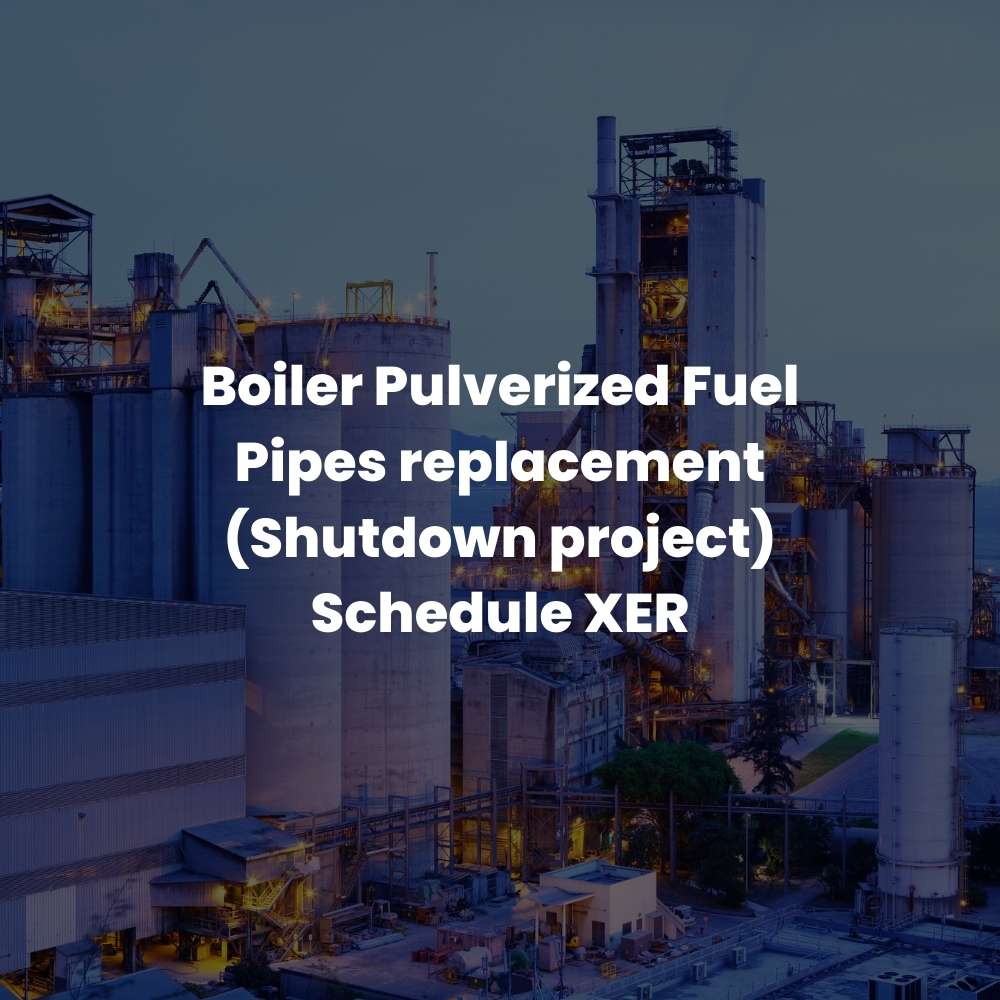If you work in construction management, there are a lot of things you have to worry about on any given day. When it comes to the job site, you’re responsible for everything from safety measures to worker productivity to ensuring that the project gets completed on time and at an acceptable cost. With all that on your plate, who has time to learn all there is to know about construction management? You do! These seven construction management tips will help you manage your projects more efficiently and help keep everyone safe while they do their jobs.
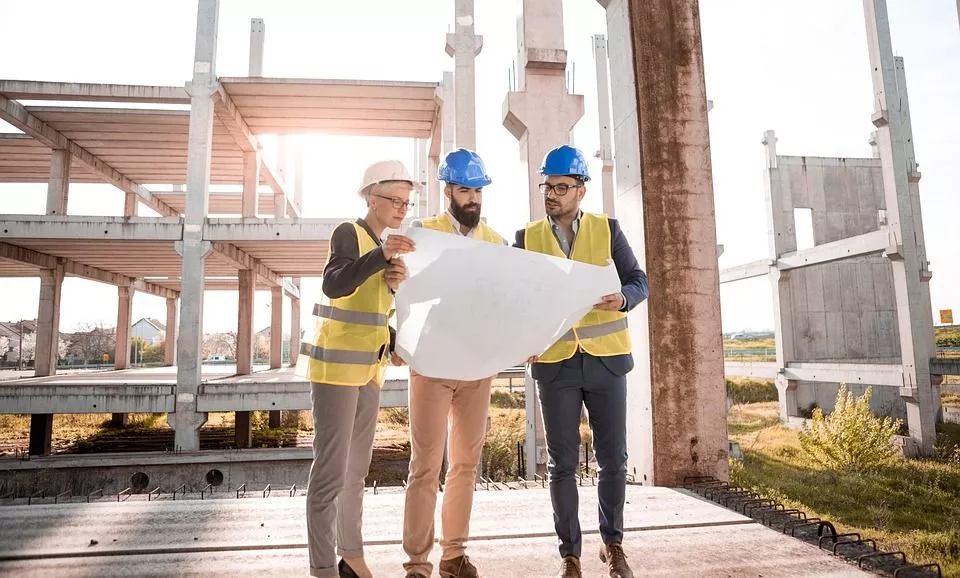
1. Make a Schedule
If you’re in a management position in the construction, the best way to stay on top of things is to make a schedule. Here are some tips for creating one:
- Make a list of all the tasks that need to be completed
- Break down each task into smaller steps that can be completed in a day or less
- Allow extra time for unexpected delays
- Track your progress to know how much time you have left on certain tasks.
- If you’re out of time on certain tasks, prioritize them and start working with your team on rescheduling them if needed.
Once you’ve been following this process for a while, it should get easier because you’ll be able to anticipate any problems. For example, if someone has been consistently coming in late every morning, then it’s probably not an accident! You’ll also find ways to speed up the process by making notes of what works well and what doesn’t work well when developing new plans. With a bit of patience and consistency, this system will help you become more productive in your job as well as better prepared when something comes up unexpectedly.
2. Align with your Client
Many construction companies use project management software to keep track of all their projects, but many construction professionals prefer not to use such software. There are pros and cons for both, but at the end of the day, it is up to you whether or not you want to use it. One thing that every Construction Management professional should be mindful of is how they align with their clients to make the job easier. By paying close attention and listening closely, you will be better equipped in aiding your client with their needs while keeping them satisfied with your work.
You can avoid future conflicts by making sure your expectations match theirs. You will find it much more difficult if you have to go back and change things after they have been built incorrectly because the plans were misunderstood or miscommunicated.
If someone has a question, do not hesitate to ask and offer clarification when needed so that everyone is on the same page throughout the process. You can find help through communicating with others during critical decision-making times as well as being proactive about identifying potential risks before they become too big of a problem. The last tip I want to mention is about transparency – never withhold any information from your client because this can lead to mistrust which may lead to less commitment from them later on in the project.
3. Communication
Your team must communicate with each other so everyone knows what the next steps are. You can do this in many ways, such as in person, by phone call, or by email. This will help make sure that everyone has a clear understanding of what needs to be done and when it needs to be done. If you have any questions about the work being done, ask right away instead of waiting until you get home. You want to avoid any confusion and keep track of who should be doing what and when they should be doing it.
4. Don’t lose sight of the Big Picture
How many times have you been in a meeting and someone is going over the building plans and your mind starts to wander? It’s hard not to get lost in the details, but you must stay focused on the big picture. Think of all the steps required for this project from design through construction. With each phase, numerous tasks need to be completed before going on to the next phase. You must stay on top of it so the project stays on schedule.
5. Use technology for Construction Management
You should always have a plan. You never know when something might happen, and you need to be prepared. Always make sure that your site is as safe as possible. You want everyone on the job site to be safe, so try not to do any heavy lifting or haul anything too heavy by yourself. You should always have the right tool for the job.
There’s no point in trying to use a screwdriver for a Phillips head screw because it will only end up damaging your screwdriver and making both tasks take longer than they would if you had just taken the time out of the beginning of your day to get what you needed from the supply. It will save you time in the long run and keep things safer around your work site.
6. Stay organized about Construction Management
Develop a system for storing paperwork: You’ll want to keep important files organized and up-to-date. You’ll always know where they are when you need them. Construction Management
7. Accept failure; learn from it
There are going to be times when you’re faced with a difficult decision and you can’t see the right way forward. You have to be able to accept that not every decision you make is going to be the best one, or even a good one. Sometimes we need to take time and reflect on the decisions we’ve made for us to learn from them. Always ask yourself what went wrong/Construction Management.
What should I do differently next time? Even though it’s hard, don’t beat yourself up if something doesn’t work out. Find out what you did wrong and how you can do better next time.
Leave a Reply
You must be logged in to post a comment.

